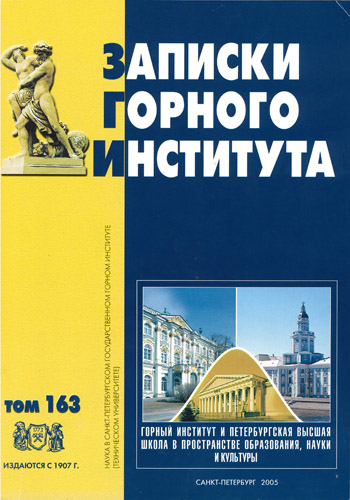Environmental and political potential of higher school as an institution of civil society
- G.V. Plekhanov Saint Petersburg Mining Institute
Abstract
This article considers such an aspect of higher school as the formation of environmental and political potential of the Russian society in the new conditions. Higher school is the most important channel for the formation of environmental culture, scientific environmental outlook and professional skills of rational nature management, nature conservation and environmental safety of specialists, and, ultimately, the successful solution of environmental problems. The liberal-democratic transformations taking place in our country have brought significant changes to the system of higher professional education. According to the Concept of modernization of Russian education for the period up to 2010, higher education should become an institution of civil society, the most important factor in the formation of new life attitudes of the individual. It is necessary to make changes in the process of higher education training.
